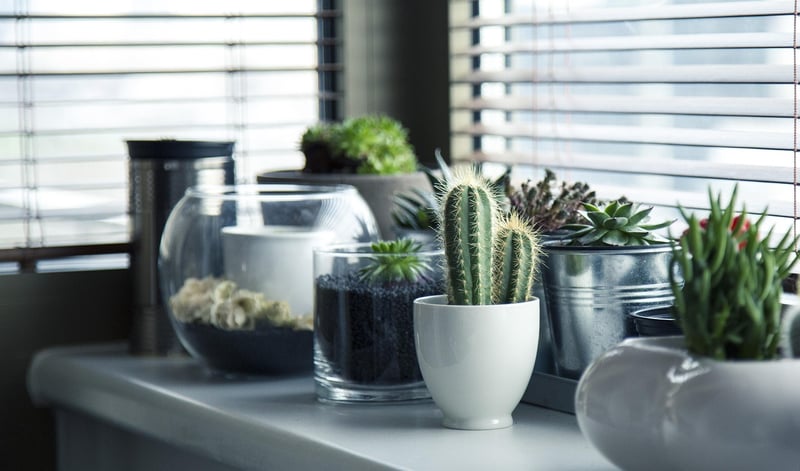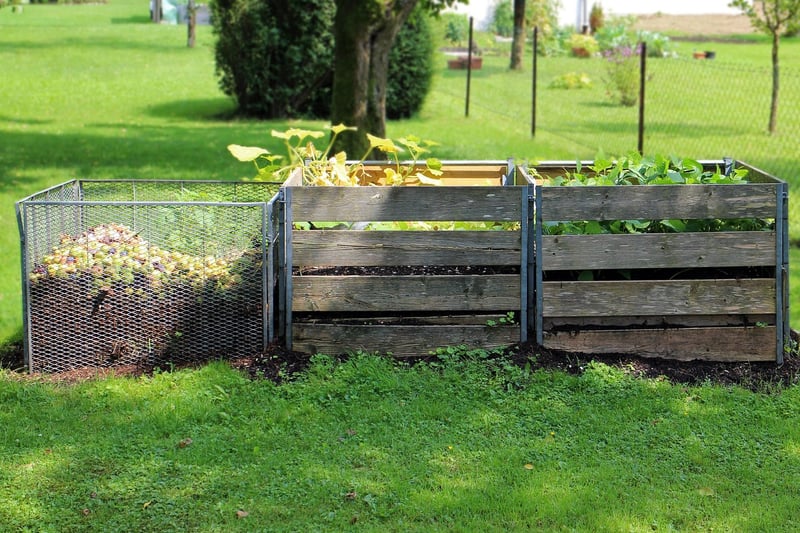Composting Tips
Urban Gardening and Composting Tips
Introduction to Urban Gardening
Urban gardening is a great way to bring greenery into small spaces and contribute to a healthier environment. Whether you have a balcony, a rooftop, or just a windowsill, you can create a flourishing garden in the heart of the city.
Benefits of Urban Gardening
- Improves air quality
- Provides fresh herbs, fruits, and vegetables
- Reduces stress and promotes relaxation
- Enhances the aesthetic appeal of urban areas
Getting Started with Urban Gardening
1. Assess the available space and sunlight exposure.
2. Choose the right plants based on your location and climate.
3. Use containers or vertical gardening techniques to maximize space.
4. Regularly water and fertilize your plants to ensure healthy growth.
Composting Tips for Urban Gardeners
What is Composting?
Composting is the process of recycling organic materials into nutrient-rich soil for your garden. It helps reduce waste sent to landfills and improves soil quality.
How to Start Composting in an Urban Setting
- Choose a suitable composting bin or container.
- Collect kitchen scraps like fruit peels, vegetable trimmings, and coffee grounds.
- Add yard waste such as leaves and grass clippings.
- Turn the compost regularly to aerate and speed up decomposition.
- Avoid adding meat, dairy, or oily foods to prevent odors and pests.
Benefits of Composting
- Enriches the soil with essential nutrients
- Reduces the need for chemical fertilizers
- Helps retain moisture in the soil
- Decreases greenhouse gas emissions
Conclusion
Urban gardening and composting go hand in hand to create a sustainable and eco-friendly way to grow plants in the city. By incorporating these practices into your routine, you can enjoy fresh produce, reduce waste, and contribute to a greener urban environment.


